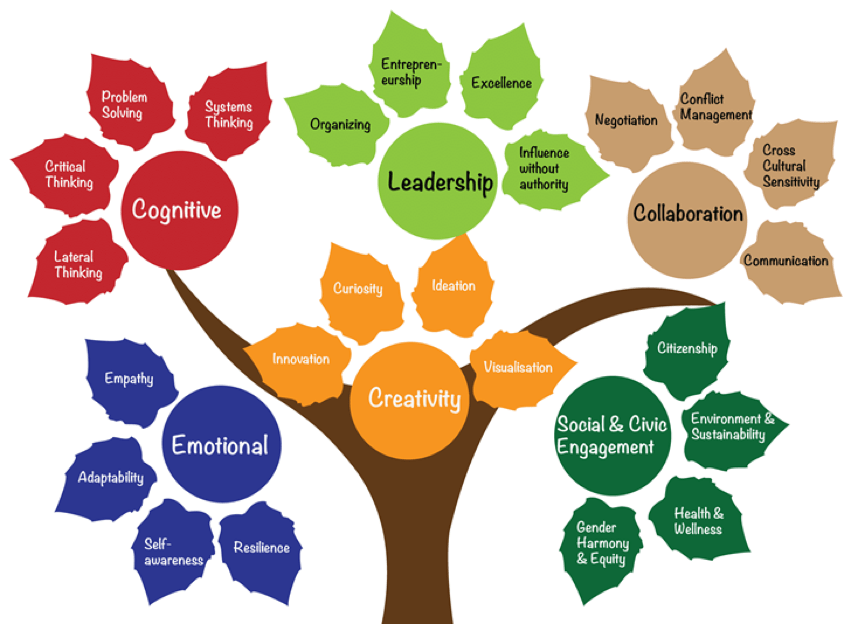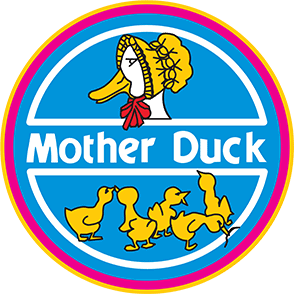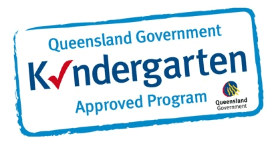
21st Century Skills – What are they and why are they so important?
A huge dilemma for families and educators quite often revolves around this – “How can we prepare our Kindergarten children to be successful future citizens of society when we don’t even know what society is going to look like?”. The future of today’s children is so unpredictable, and this year with the COVID pandemic and economic downturn, the uncertainty and constant changes of “life” have been highlighted even further. In a world that is constantly changing and with the use of advanced technology taking the place of many different jobs that in the past were completed by people, there is a greater focus being placed on how critical it will be for children to have skills that are far more complex than ever before. Skills that can be applied to a number of different situations, for a range of different purposes, that are transferable in nature and that can be built upon over time. Skills that not only support what children can and will do, but WHO children will become and how they will impact their community and world.

“Developing 21st-century skills begins with knowing individual children and celebrating and enriching their unique and diverse perspectives, ideas and creativity that they bring to their world! We have the gift (as early childhood educators) to be able to role model, support and inspire our children to be caring, compassionate, considerate and thoughtful. Future citizens and future leaders of our world who act with integrity.”
– Miss Bianca (Kindergarten Teacher – Mother Duck Childcare Wynnum)
So, let’s unpick a little further what these “21st Century Skills” are…
In the future, children (our future adult citizens of our society) will be required to be creative, innovative, collaborative, have problem-solving skills and an ability to adapt to change with resilience. On face value these “skills” may seem fairly simple, however, as we all have experienced as adults this year, having to adapt to the changes we have all faced through this global pandemic, these skills are complex! Resilience, communication, collaboration, critical thinking and adaptability (to name a few), are essential skills not only for professional success but for our holistic wellbeing as people and the responsibility we have to contribute positively to our community and world. Furthermore, a skill such as “resilience” (involving the complex ability to be able to bounce back from adversity) has also been shown to be a critical protective factor against mental illness and suicide.
This image below captures the key 21st Century Skills that are an accepted way of thinking in primary and secondary schools and are becoming a necessity for children’s success. These skills can begin to be fostered and developed in the very early years of life and will continue to develop over a child’s lifetime.

“I value focusing on 21st Century Skills in my educational program in Kindergarten as I am constantly seeking to prepare children for this ever-changing world in which we live. I find Mother Duck Childcare to be a dynamic and exciting place to work as children share their ideas, skills, beliefs and talents, as they engage collaboratively with others, so as a community we can be nurtured, challenged and grow stronger together.”
– Miss Katherine (Kindergarten Teacher – Mother Duck Childcare Manly)
How do we support the development of these skills in an early childhood education and care context?
Across Mother Duck Childcare, we have these 21st-century skills in mind when educating children from the youngest baby in our nursery, right through to the child ready to transition to school. Through our daily educational program, teaching practices and environments, and particularly our studio configurations, we intentionally focus on supporting children to develop these essential skills. Here are a handful of specific examples that support children in the preparation for school, as well as their preparation for life as we focus on their development of 21st Century Skills:
- Actively promoting the rights of children. By supporting children to understand their right to feel safe, to be understood and to have a voice on matters that affect them, we are supporting a strong sense of self-awareness as well as a developing understanding of other’s rights to privacy and safety, further supporting empathy and moral understanding.
This might look like an educator asking a child’s permission before taking a photo of their work or putting their work up on display or, watching for an infant’s cues of what they may appear interested in exploring and if they are not mobile, talking with the infant prior to just picking them up and moving them. These simple practices communicate a message to children that their ideas, thoughts and feelings matter because THEY matter. Children who know their own value and worth are better able to respect and support the value and worth of others.
“When a child actively experiences the opportunity to have a voice on matters that impact them, this child learns that they have rights and it also supports their social understanding that ALL human beings have rights. If we aspire for a society that values kindness, we must first help children to grasp the importance of the right ALL people have to feel safe, to be understood and to experience a genuine sense of belonging. It is so exciting to be part of such meaningful work with children!”
– Miss Karen (CEO Mother Duck Childcare).
- Actively slowing all aspects of the day down and supporting children to have more autonomy around meals, sleep and rest and play. This supports each child’s developing ability to self-regulate and communicate their needs. For example, by offering prolonged mealtimes, children who are engaged in play do not need to be interrupted. Rather they are supported by educators to listen to their bodies (eg. Is my tummy rumbling? Do I feel thirsty?) and come to the meal table when their body is indicating it is hungry. This supports the essential life skills of self-regulation, self-awareness and communicating one’s needs.
- Encouraging children to be a part of the everyday “rituals” and routines of our community. From providing active ways for children to sign in or indicate they are present upon arrival, to helping set up the meal tables, washing up and helping tidy up the meal space when they are finished, we are actively supporting autonomy, collaboration, participating in and contributing to the community and social responsibility.
“The simple contributions to the education and care context that children are supported to make each day, support a child’s understanding of what it means to belong and contribute as a responsible member of a community. This understanding and experience of belonging and social responsibility form the foundation of who a child is (and will become) within their family, their school community and their wider world.”
– Heidi Denner (Chief Culture & Wellbeing Officer Mother Duck Childcare).
These are only a handful of ways in which we actively support the development of 21st Century skills that not only intentionally support children as they prepare for school, but as they prepare for life in an ever-changing, complex world. We look forward to sharing more with you on the intentional ways in which Mother Duck Childcare can support your child and the part you too can play in supporting the development of these critical skills at home. What a privilege it is to collaboratively work together to support the best outcomes for children- our future leaders and citizens of our society!

For further information, please take the time to watch this TED Talk by Dr. Laura A Jana.
The Mother Duck Management Committee


